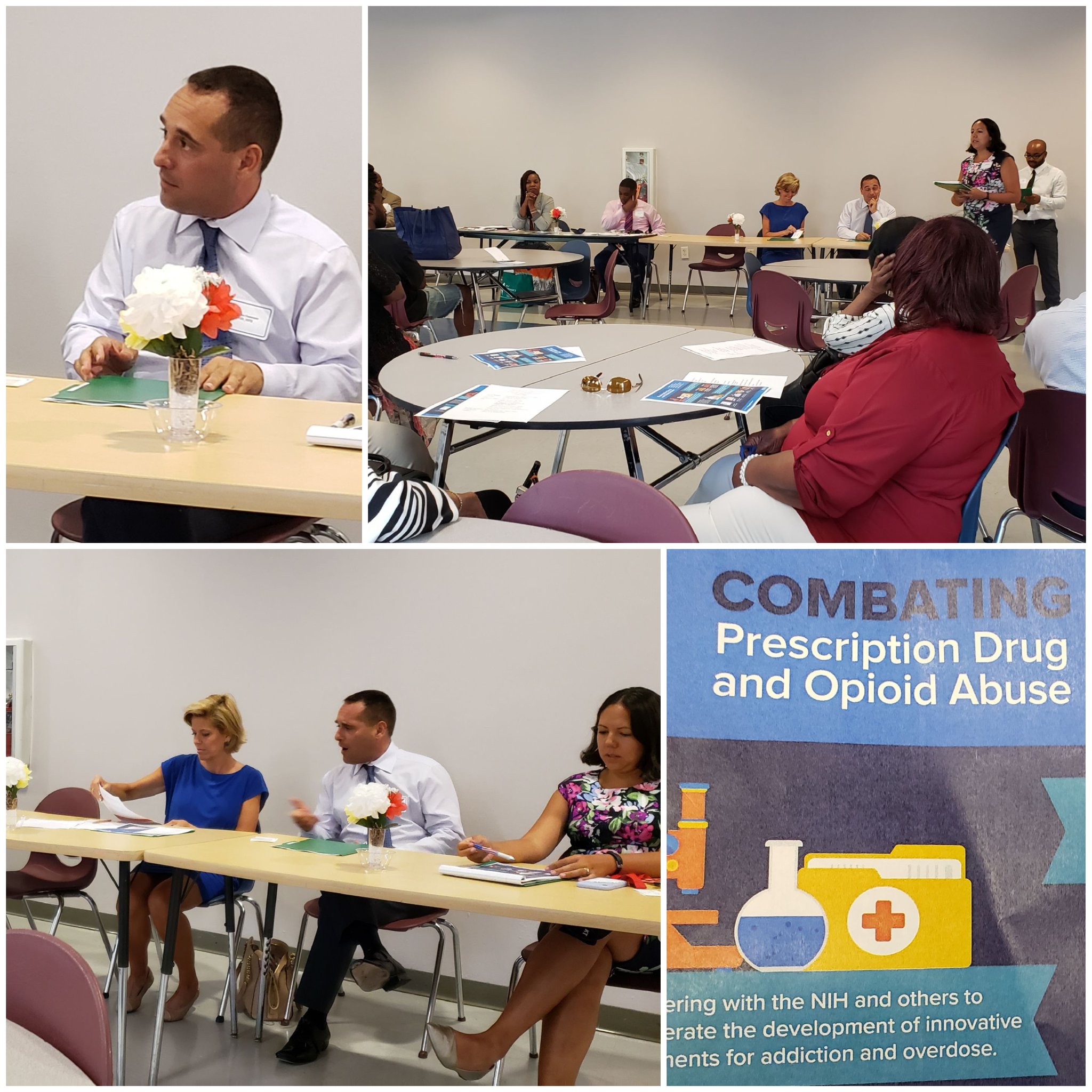Opioid Policies

Much like the rest of the United States, residents of the District of Columbia are struggling with substance use disorder (SUD) rate increases and high rates of opioid-related deaths. Unfortunately, these are multi-faceted issues that require year-long initiatives and systematic programs to address the myriad causes of addiction.
MSDC stands as a partner to the District government and private entities to help arrest the rates of opioid and substance abuse in the District. Through our advocacy for better prescribing practices, education on addiction, and even helping our own community through our Physician Health Program, MSDC is working to make DC a leader in reducing SUD, OUD, and addiction.
On a related note, MSDC is passionate about helping patients make prescriptions and medication more affordable. Whether expanding access to biosimilars or advocating for more affordable co-pays, MSDC wants to help our patients afford the medications they need.
MSDC Statement and Testimony on Opioid and Prescription Issues
25th Council information coming soon
MSDC’s 2025 Capital Healthcare Honors Brings Community Together Around Excellence
On March 26, 2025, the Medical Society of DC held its 5th Capital Healthcare Honors awards gala and dinner recognizing outstanding contributions to the health of our nation’s capital. This year’s event, which was held at the National Press Club, recognized health system executives, private practice leaders, health tech entrepreneurs, and public health luminaries.
Over 150 members of the DC health care community attended, including elected officials, health system executives, specialty and medical society leaders, physicians, and health care professionals. MSDC President Dr. Dock Winston hosted the event and introduced the special guests. Dr. Bobby Mukkamala, the AMA President-Elect, tied together national health priorities and local DC initiatives and encouraged the District to adopt best practices in protecting physician wellbeing in credentialing and licensing.
The awardees were distinguished healthcare leaders who have striven to preserve the health and wellbeing of the nation’s capital, the Medical Society, and the profession.
Dr. LaQuandra Nesbitt received the John Benjamin Nichols Award for outstanding contributions toward improving the health of the community. Dr. Nesbitt is a worthy recipient solely for her work as the Director of DC Health during the pandemic, but was also recognized for her past and continuing work as a health equity advocate and leader.
Dr. Lisa Boyle received the Certificate of Meritorious Service for her distinguished service to the medical profession. Dr. Boyle rallied the staff at Georgetown before and during the COVID-19 pandemic to a higher level of excellence, and as president of the hospital is setting the standard for community health.
Dr. Keith Egan received the Dr. Charles H. Epps, III Community Service Award for outstanding public service to the community. Dr. Egan is one of the physician leaders of Pride Medicine on Capitol Hill and has a long history of advocating for equitable care for patients in need.
Dr. Michael Weinstein received the Distinguished Service Award for outstanding service to the Medical Society. Dr. Weinstein is a visionary in sustainable private practice and for MSDC has been a long-time financial advisor, including serving as Treasurer and Finance Committee member.
Caretaker Medical is the inaugural Dr. Cesar A. Caceres Innovation in Health Care Technology Award, presented to a company that is using technology in a new way to improve patient care and physician health. Caretaker has created a remote monitoring device that provides real-time health data with minimal physical restraint to the patient, allowing patients to move while giving the care team a steady stream of information.
The honorees were nominated by MSDC membership and selected by a volunteer committee. More information can be found at www.msdc.org/chh. Attendees were encouraged by Dr. Winston to contribute to MSDC's campaign to create care packages for DC medical students; more about that campaign can be found here.
Sample of Legislation MSDC Tracked on Opioid and Prescription Policy
What does it do? The bill authorizes licensed pahrmacists to dispense interchangeable biological products and requires notifications to physicians when such interchangeables are dispensed.
MSDC position: MSDC has a position of priority support on this legislation, identifying its passage as one of its highest legislative priorities.
Current status: SUCCESS. The bill was passed by the Council and signed by the Mayor.
What does it do? The bill requires prescription opioid medications to include a statement that the drug is an opioid and opioids may cause dependence, addiction, or overdoes.
MSDC position: MSDC supports the legislation.
Current status: The bill had a hearing before the Committee on Health on July 29, 2020. MSDC leader Dr. Sam Kareff testified for the Medical Society. It passed the Council on November 10 and was signed by the Mayor December 7.
What does it do? The bill prohibits insurance companies from factoring the use of PreP in decisions related to disability, life, or long-term care policies.
MSDC position: MSDC supports this legislation
Current status: The bill was introduced on January 8, 2019 and assigned to the Committee on Business and Economic Development.
